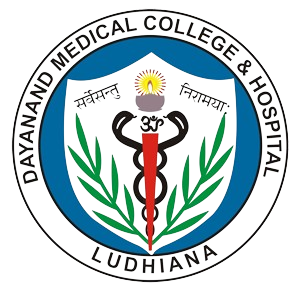
A subspecialty of anesthesia known as cardiac anesthesia is dedicated to treating patients having heart-related operations and procedures. For sophisticated cardiac surgeries, such as coronary artery bypass grafting (CABG), valve replacements, heart transplants, and minimally invasive cardiac procedures, it entails the provision of anesthesia and perioperative care.
During surgery, cardiac anesthesiologists are essential in maintaining the patient's heart function. To evaluate heart function in real time, they employ sophisticated monitoring methods such invasive arterial monitoring, transesophageal echocardiography (TEE), and pulmonary artery catheters. To treat patients prior to, during, and following surgery, these professionals collaborate closely with intensivists, perfusionists, and heart surgeons.
Techniques like opioid-sparing anesthesia and fast-track cardiac anesthesia have shortened recovery times and decreased problems following surgery thanks to technological improvements. In order to improve patient safety, optimize anesthetic care, and guarantee effective surgical results in cardiovascular processes, cardiac anesthesiologists' knowledge is essential.




